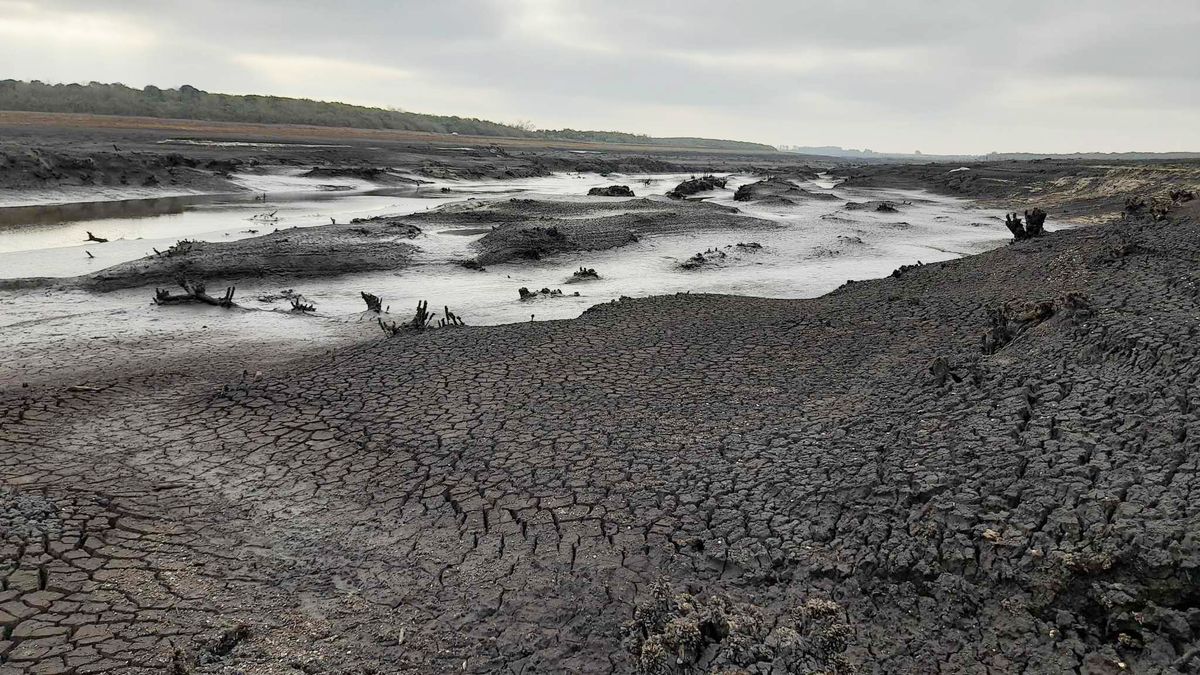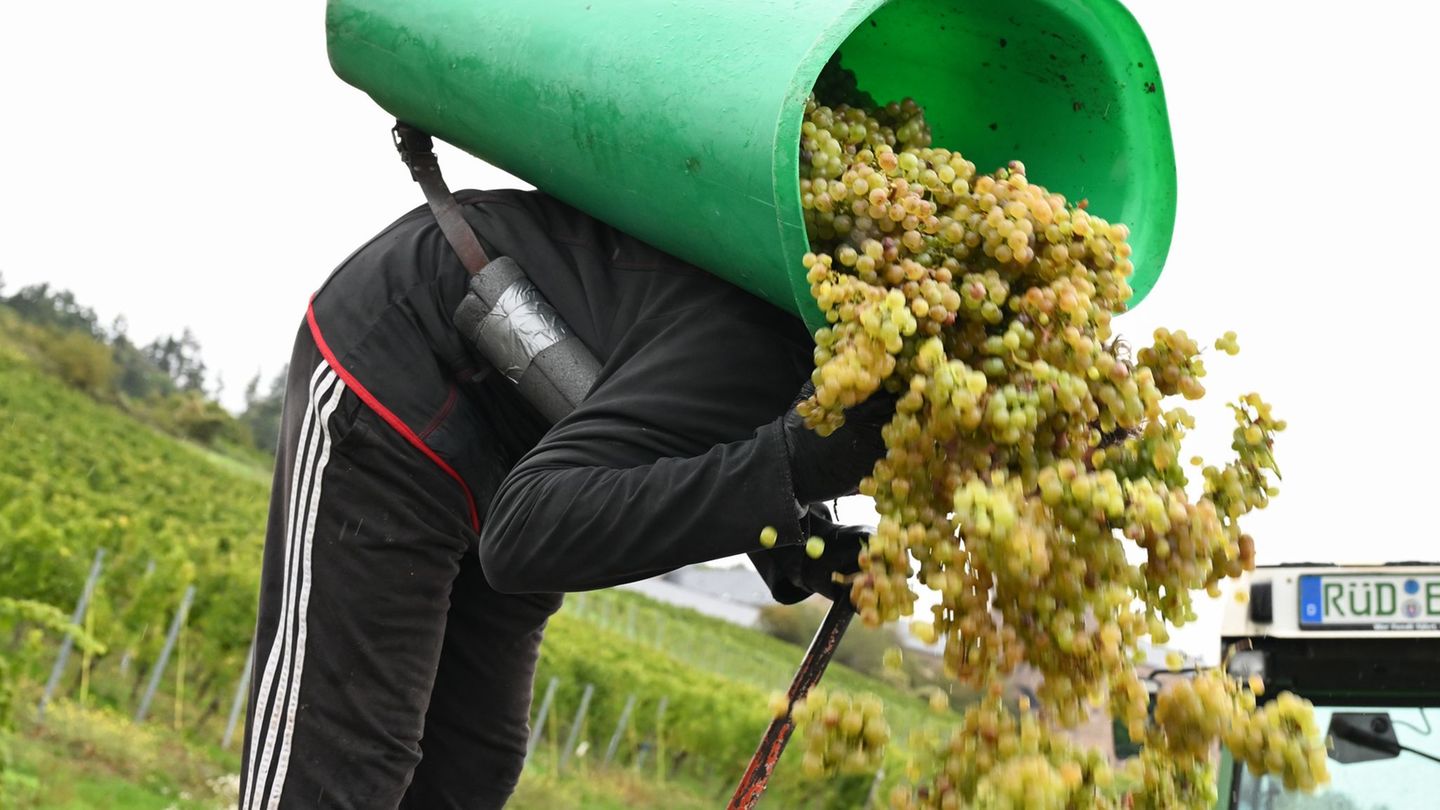The volume of the dam continues to decrease over the days and the salinity has already increased more than what is allowed by the MSP.
According to the latest report released by the Presidency this Sunday, the water reserves in the dam of Severine Pass (Florida) fell to 1.87%. The volume of water in the dam continues to decrease over the days and has impacted on an increase in the volumes of chlorides and sodium dissolved in the water that SBI supplies the metropolitan area.
The content you want to access is exclusive to subscribers.
The Presidency statement indicates that, from a daily consumption in the metropolitan area of 506,775 cubic meters, total reserves continue to collapse and are now barely 1,255,326 cubic meters.


In addition, pumping line 4, which supplies the center of Montevideo and the metropolitan area, presented values above those allowed by the Ministry of Public Health (MSP), with 779 milligrams per liter of chloride and 465 milligrams per liter of sodium. The maximum values allowed by the MSP are 720 mg/l of chloride and 440 mg/l of sodium.
Pumping line 5 (which supplies water to the eastern zone) registered values within what was allowed, but in pumping line 6 (which carries water to the western zone of Montevideo) there was also an excess of chloride, which reached 730 mg/l in the daily average.
MSP recommendations for tap water consumption
In the framework of the water emergency, the government attached the recommendations for consumption of running water by the MSP.
General population, without a diagnosis of arterial hypertension:
- Maintain the usual daily water consumption which may be entirely OSE water.
- Do not add salt to food in children who are starting semi-solid/solid feeding (infants up to 2 years).
- To be possible, for the preparation of infant formulas, use mineral water.
- In a population with an unknown increased risk of being hypertensive (over 60 years of age), periodic blood pressure checks are recommended.
Population using antihypertensive drugs and diuretics:
- They should minimize the consumption of foods with excess sodium.
- They will be able to continue consuming OSE water up to one liter per day and it is recommended to complete your usual intake with mineral water.
Population with any of the following conditions: chronic kidney disease, heart failure, cirrhosis, pregnant women:
- Avoid as much as possible the consumption of OSE wateradvised by your attending physician.
- In case you have to take it, it is recommended not to exceed a liter of water/day and increase the frequency of blood pressure checks.
- Complete the intake of the daily volume of water recommended by your doctor.
Source: Ambito




